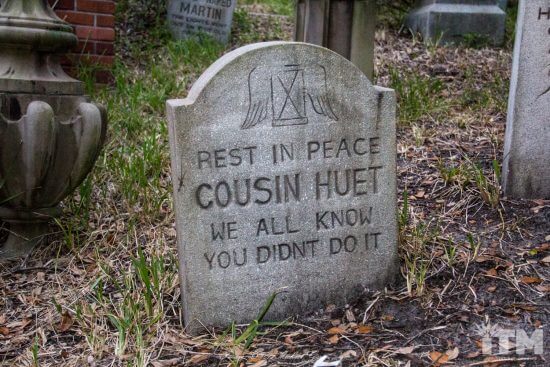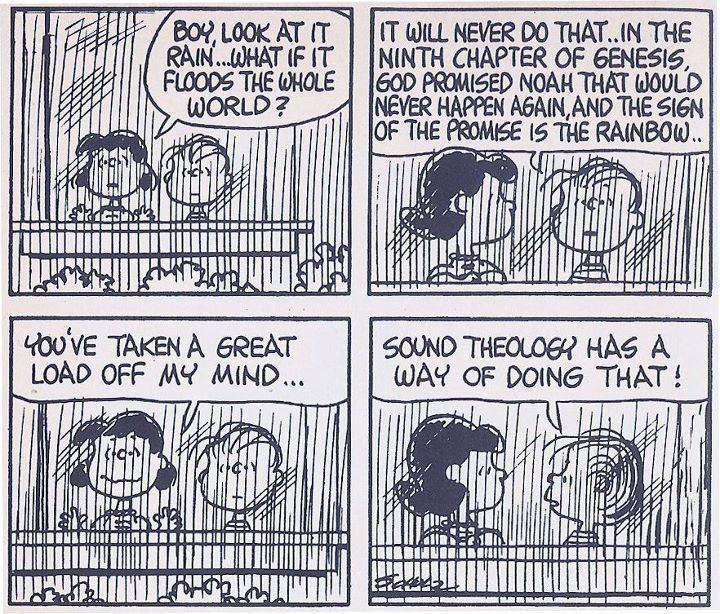1 Thessalonians Sermon Series
Bibliography
Allen, Clifton J. The Broadman Bible Commentary, Volume 11. Nashville, Tennessee; Broadman Bible Commentary, 1971.
Airhart, E. Arnold. Beacon Bible Commentary, Volume 9. Kansas City, Missouri; Beacon Hill Press, 1965.
Bruce, FF. Word Biblical Commentary, 1 & 2 Thessalonians. Waco, Texas; Word Books, 1982.
Buttrick, George Arthur, Dictionary Editor. The Interpreter’s Dictionary of the Bible, An Illustrated Encyclopedia, Volume 4. Nashville, Tennessee; Abingdon Press, 1962.
Buttrick, George Arthur, General Editor. The Interpreter’s Bible, Volume 9. Nashville, Tennessee; Abingdon Press, 1955.
Gaebelein, Frank E. The Expositor’s Bible Commentary, Volume 11. Grand Rapids, Michigan; Zondervan Publishing, 1978.
Gupta, Nijay K. Critical Introductions to the New Testament, 1 & 2 Thessalonians. Grand Rapids, Michigan; Zondervan Publishing, 2019.
Hendrickson, William. New Testament Commentary, Thessalonians, Timothy and Titus. Grand Rapids, Michigan; Baker Book House, 1987.
Holmes, Michael W. The NIV Application Commentary, 1 & 2 Thessalonians. Grand Rapids, Michigan; Zondervan Publishing, 1998.
Morris, Leo. The New International Commentary on the New Testament, The First and Second Epistles to the Thessalonians. Grand Rapids, Michigan; WM. B. Eerdmans Publishing Co. 1959.
Morris, Leon. Tyndale New Testament Commentaries, 1 & 2 Thessalonians. Grand Rapids, Michigan; Inter-Varsity Press, 1991.
Phillips, John. Exploring 1 & 2 Thessalonians. Grand Rapids, Michigan; Kregel Publications, 2005.
Robertson, Archbald Thomas. Word Pictures in the New Testament, Volume 4. Nashville, Tennessee; Broadman Press, 1931.
Walvoord, John F. The Thessalonian Epistles. Grand Rapids, Michigan; Dunham Publication, 1968.
J. David, Williams. New International Biblical Commentary, 1 & 2 Thessalonians. Peabody, Massachusetts; Hendrickson Publishers, 1992.
 The picture that Paul gives us is as a thief moving around in the dark, then suddenly the lights are turned on, or the sun peaks over the horizon at dawn, and the thief is exposed. Believers are warned here to pay attention and to be ready.
The picture that Paul gives us is as a thief moving around in the dark, then suddenly the lights are turned on, or the sun peaks over the horizon at dawn, and the thief is exposed. Believers are warned here to pay attention and to be ready. (v. 8) “having put on the breastplate of faith and love, and for a helmet the hope of salvation”
(v. 8) “having put on the breastplate of faith and love, and for a helmet the hope of salvation” What about, In 2019 Disneyland shut down the Haunted Mansion because someone was seen dumping a powdery grey substance from one of the dune buggies. It was later determined to be the ashes of a loved one that wanted their remains spread at Disneyland and that was their favorite ride. What if our bodies are not whole?
What about, In 2019 Disneyland shut down the Haunted Mansion because someone was seen dumping a powdery grey substance from one of the dune buggies. It was later determined to be the ashes of a loved one that wanted their remains spread at Disneyland and that was their favorite ride. What if our bodies are not whole? “Within its protective casing, the caterpillar radically transforms its body, eventually emerging as a butterfly or moth. … First, the caterpillar digests itself, releasing enzymes to dissolve all of its tissues. If you were to cut open a cocoon or chrysalis at just the right time, caterpillar soup would ooze out.”
“Within its protective casing, the caterpillar radically transforms its body, eventually emerging as a butterfly or moth. … First, the caterpillar digests itself, releasing enzymes to dissolve all of its tissues. If you were to cut open a cocoon or chrysalis at just the right time, caterpillar soup would ooze out.” In Genesis 22:19 “After these things God tested Abraham and said to him, “Abraham!” And he said, “Here I am.” 2 He said, “Take your son, your only son Isaac, whom you love, and go to the land of Moriah, and offer him there as a burnt offering on one of the mountains of which I shall tell you.”
In Genesis 22:19 “After these things God tested Abraham and said to him, “Abraham!” And he said, “Here I am.” 2 He said, “Take your son, your only son Isaac, whom you love, and go to the land of Moriah, and offer him there as a burnt offering on one of the mountains of which I shall tell you.”